Jaishankar admits US warned India of Pakistan’s ‘massive retaliation’ ahead of ceasefire
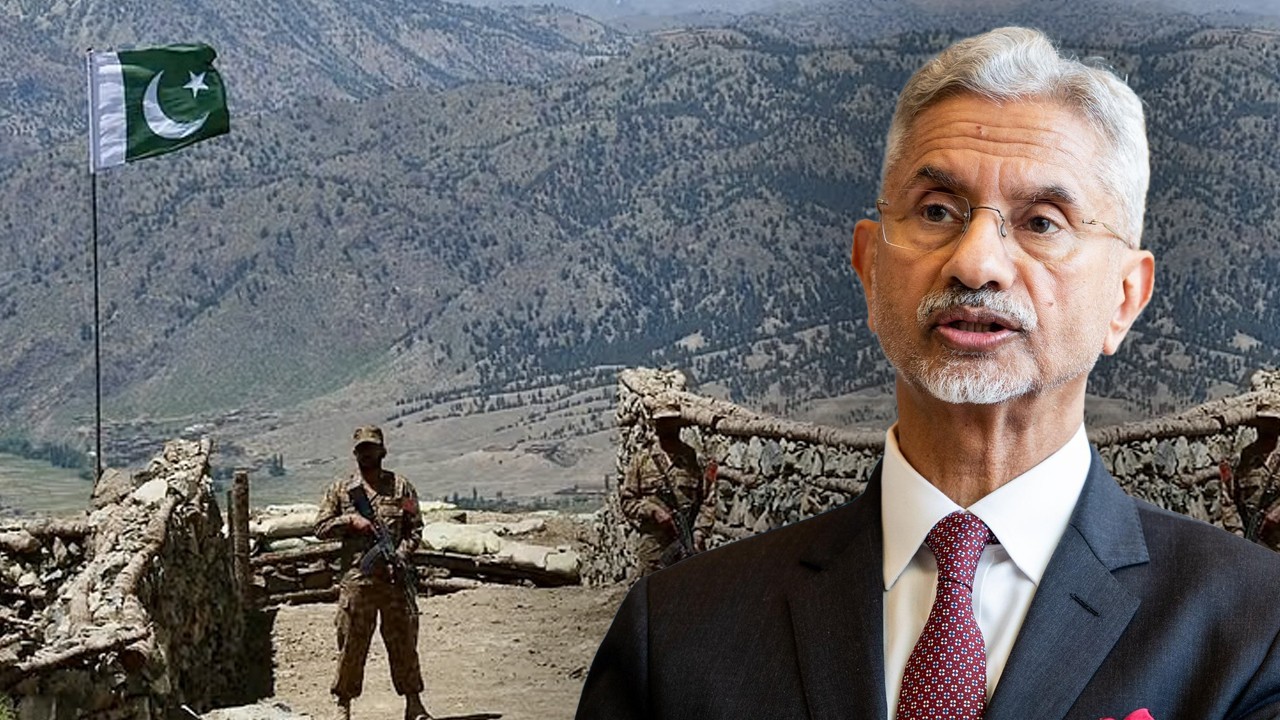
Web Desk
|
2 Jul 2025
Indian Foreign Minister S Jaishankar has admitted that US Vice President JD Vance urged India to agree to a ceasefire with Pakistan during the recent military escalation, warning that Islamabad had planned a major retaliatory strike if India did not de-escalate.
In an interview with Newsweek during his visit to the United States for a Quad foreign ministers’ meeting, Jaishankar revealed new details about the crucial hours leading up to the ceasefire between Pakistan and India following the May 7 conflict.
“I was in the room when Vice President Vance spoke to Prime Minister Modi on the night of May 9. He said the Pakistanis would launch a very massive assault on India if we did not accept certain things,” Jaishankar stated.
According to him, Prime Minister Narendra Modi responded by saying that India would retaliate if attacked. Jaishankar added that Pakistan did launch a large-scale attack that night, and India responded swiftly.
“The next morning, US Secretary of State Marco Rubio called me and informed me that Pakistan was ready for talks,” Jaishankar recalled. “So I can only tell you what I personally experienced.”
Read: Trump praises Pakistan, refutes India’s claim about ceasefire
Despite acknowledging these high-level US communications, Jaishankar continued to deny that Washington formally mediated the truce, maintaining India’s official stance that the ceasefire was strictly bilateral.
Indian officials have repeatedly stated that the ceasefire agreement with Pakistan was a direct outcome of bilateral channels, and that US President Donald Trump played no role in brokering it.
Check: IAF officer admits jet losses in clash with Pakistan on May 7
However, Trump has publicly emphasised his role, often pointing to his administration’s contact with both nations and reiterating his interest in facilitating dialogue on broader issues, including Kashmir.
The revelation from Jaishankar marks the clearest acknowledgment yet that the United States played a behind-the-scenes role in easing tensions during one of the most dangerous episodes between the two nuclear-armed neighbors in recent years.


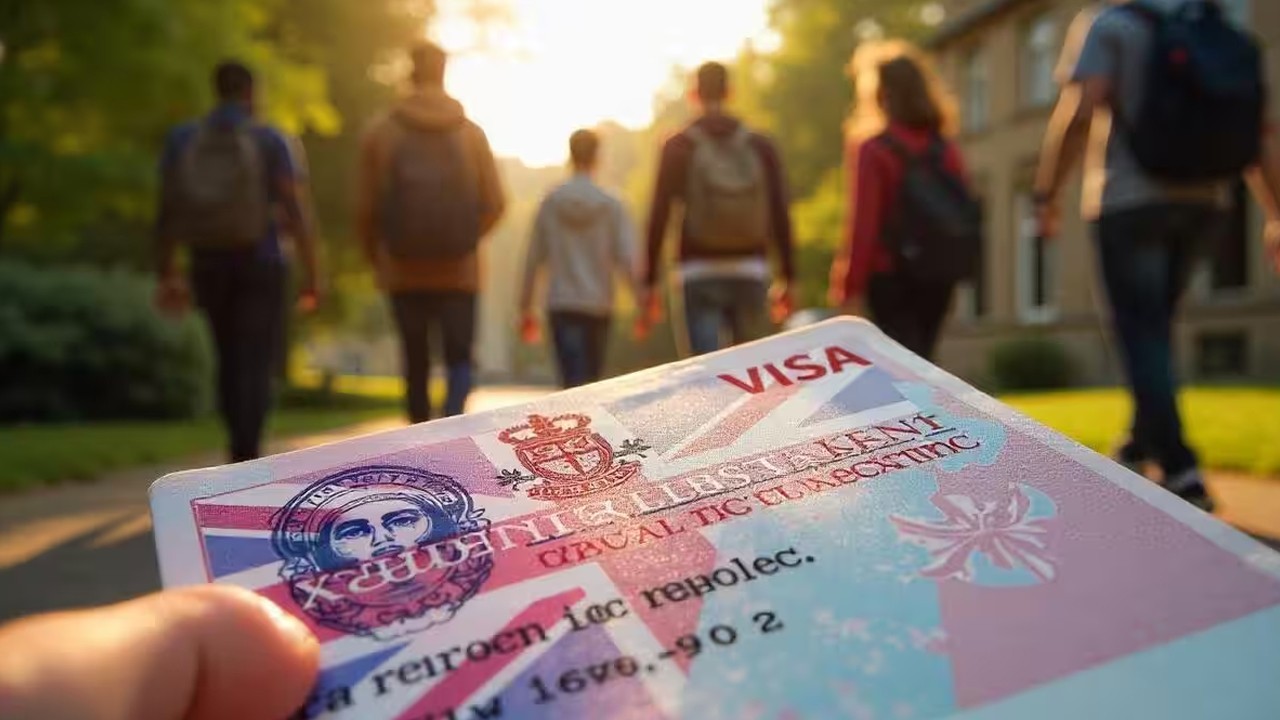
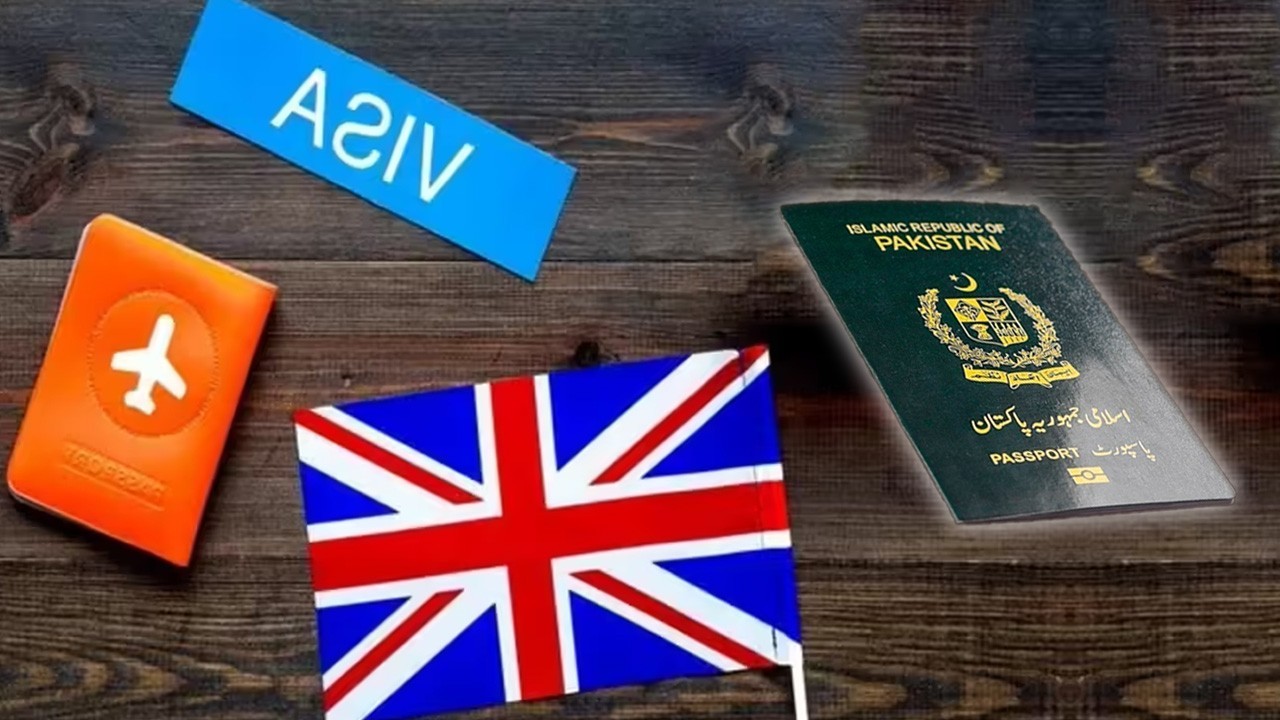

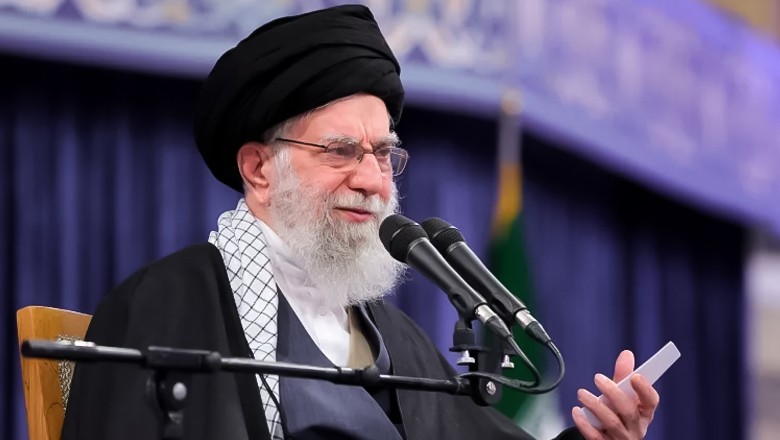

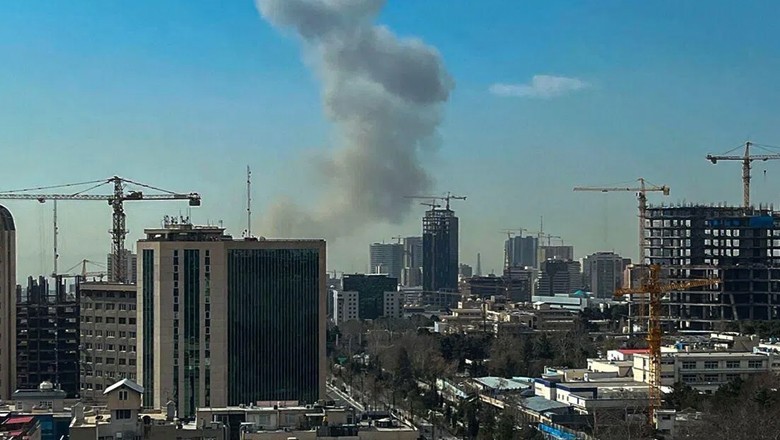
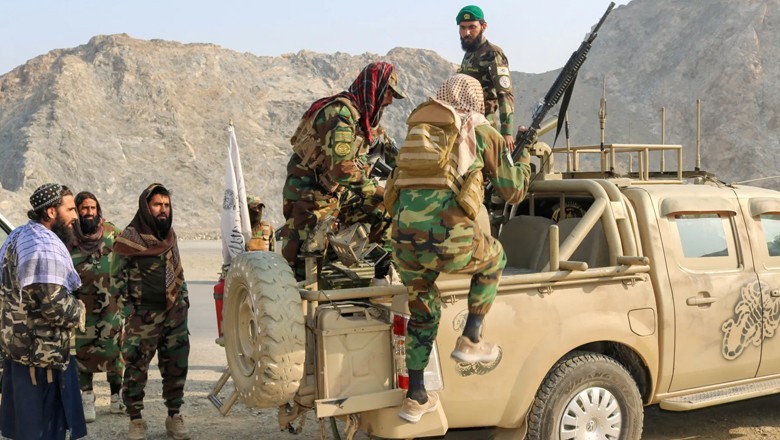

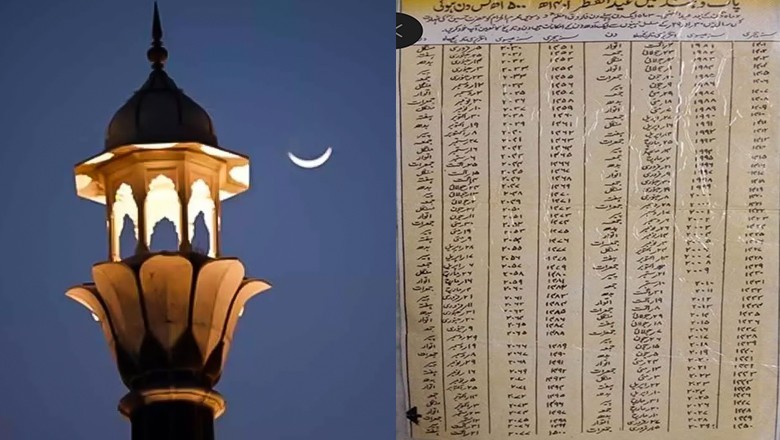
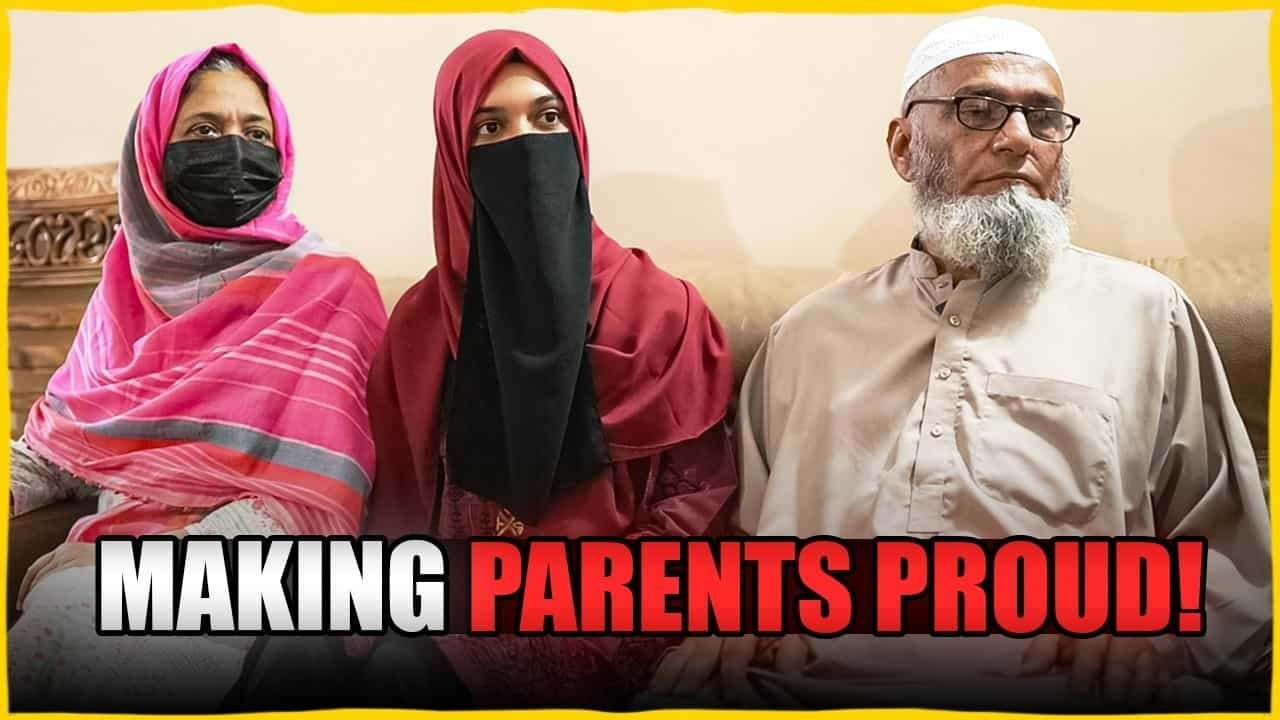
Comments
0 comment